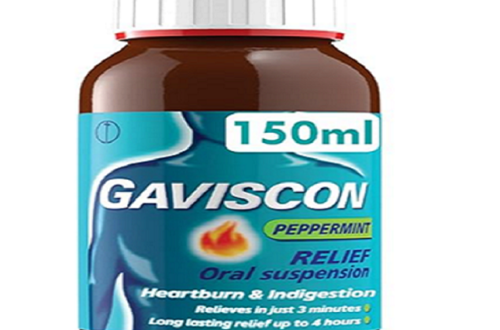Testosterone is an important hormone in men that influences multiple aspects of the well-being and health of a man. As per Evan Bass Men’s Clinic, right from muscle strength and mental health to reproductive function, maintaining optimal testosterone levels is important for the vitality and overall quality of life of a man.
Evan Bass Men’s Clinicbriefly discusses the importance of testosterone in men’s health
This hormone plays a vital role in:
- Fat distribution: Testosterone influences fat distribution, thereby potentially reducing fat mass.
- Mood and energy: Testosterone affects the energy levels, mood and overall well-being of a man.
- Muscle mass and strength: Testosterone helps maintain muscle mass and promotes muscle growth.
- Bone density: Testosterone helps in maintaining bone density and strength, thereby reducing the risk of osteoporosis.
- Sexual health: Testosterone is vital for sperm production and contributes to libido or sex drive.
- Cognitive function: Testosterone can even play a role in the cognitive abilities of a man like memory and spatial reasoning.
In the opinion of Evan Bass Men’s Clinic, there are several health benefits linked to maintaining balanced testosterone levels in men. The benefits include:
- Sexual function: Testosterone can support erectile function, healthy libido and overall sexual performance.
- Muscle development: Testosterone levels have an important role in promoting muscle growth and enhancing muscle strength, which helps in physical performance and exercise.
- Bone health: Testosterone levels help in preserving bone mineral density, thereby lowering the risk of fractures and osteoporosis.
- Fat metabolism: Testosterone contributes to metabolism and fat distribution. It can potentially help with weight management.
- Mood regulation: Balancing testosterone levels can help in improving mood stability and lower the risk of depression.
- Cognitive health: There are some studies that suggest testosterone may support cognitive functions like memory and concentration.
- Cardiovascular health: Optimal testosterone levels can contribute to heart health and lower the risk of cardiovascular disease.
Low levels of testosterone, also referred to as hypogonadism, may manifest in multiple symptoms. These symptoms include loss of muscle mass, increased body fat especially around the abdomen, as well as mood swings, irritability, or feelings of sadness. Low testosterone levels increase the risk of osteoporosis and fractures, and may lower the interest of a man in sex or difficulty achieving erections. Persistent lack of energy or feelings of exhaustion can also be an indication of low testosterone levels.
There are several approaches a man can explore to maintain optimal testosterone levels. These approaches include:
- Making changes in the lifestyle: Lifestyle modifications like adequate sleep, regular exercise, as well as a balanced diet support testosterone production and overall health.
- Managing stress: High levels of stress may have a negative impact on hormone production. Therefore, one should try out stress reduction techniques like mindfulness or relaxation exercises may help.
- Medical evaluation: Blood tests are commonly done in order to assess testosterone levels and identify any hormonal imbalances that may require any kind of medical intervention.
- Hormone Replacement Therapy (HRT): In cases of low testosterone, men may go for HRT. This procedure helps restore hormone levels to optimal ranges.
Testosterone is essentially indispensable to the health and well-being of a man. It impacts everything from sexual function and muscle strength to bone health and mood stability.





